Ethiopia Introduces VAT Rules for Foreign Digital Services Providers – Key Regulations Explained

Ethiopia joined the not-so-small group of countries that regulate cross-border B2C service supply. Earlier this year, the Ethiopian government adopted and published a new VAT Proclamation, marking a step towards setting up a legal and regulatory environment for B2C services supplied by foreign businesses.
VAT Proclamation introduced some new definitions, set VAT registration rules and thresholds, defined penalties for non-compliance, and clarified the deemed supplier rules for online marketplaces.
Impact on the Foreign Digital Service Providers
Following provisions from the VAT proclamation, the 15% VAT rate is imposed on B2C transactions related to the supply of services by a foreign digital services provider to a consumer in Ethiopia.
Additionally, physically provided services in Ethiopia, the so-called inbound tourism products, like accommodation, meals, transportation, tours, or other tourist activities in Ethiopia, and agency and booking services related to the inbound tourism products are also subject to the 15% VAT rate.
Not to be confused, the remote supply of services provided by foreign businesses to those based in Ethiopia, B2B supply, is subject to a reverse charge mechanism, which is usual practice for these transactions.
For B2C transactions, the VAT Proclamation defines a list of evidence to determine the customer's location. This evidence is vital for foreign digital service providers when determining if the customer is in Ethiopia.
The VAT Proclamation considers foreign operators of electronic distribution platforms, like online marketplaces, as deemed suppliers responsible for VAT when facilitating B2C transactions. For the online marketplace or distribution platform to qualify as a deemed supplier, it must handle, enable, or arrange the delivery or purchase of goods in Ethiopia or set rules for the supply.
Foreign digital service providers that make taxable supplies to Ethiopian consumers must register for VAT once their turnover in 12 calendar months exceeds the VAT threshold of ETB 2 million, approximately USD 16,500.
Conclusion
The Council of Ministers still needs to issue Implementing Regulations and Directives for this VAT Proclamation to be fully implemented. However, with the implementation of this regulatory framework approaching, businesses engaged in the supply of services subject to a 15% rate should take measures and steps towards compliance.
Source: KPMG, EY, Proclamation 1341/2024

Featured Insights

Burkina Faso FEC E-Invoicing Mandatory July 2026
🕝 February 24, 2026More News from Africa
Get real-time updates and developments from around the world, keeping you informed and prepared.
-e9lcpxl5nq.webp)




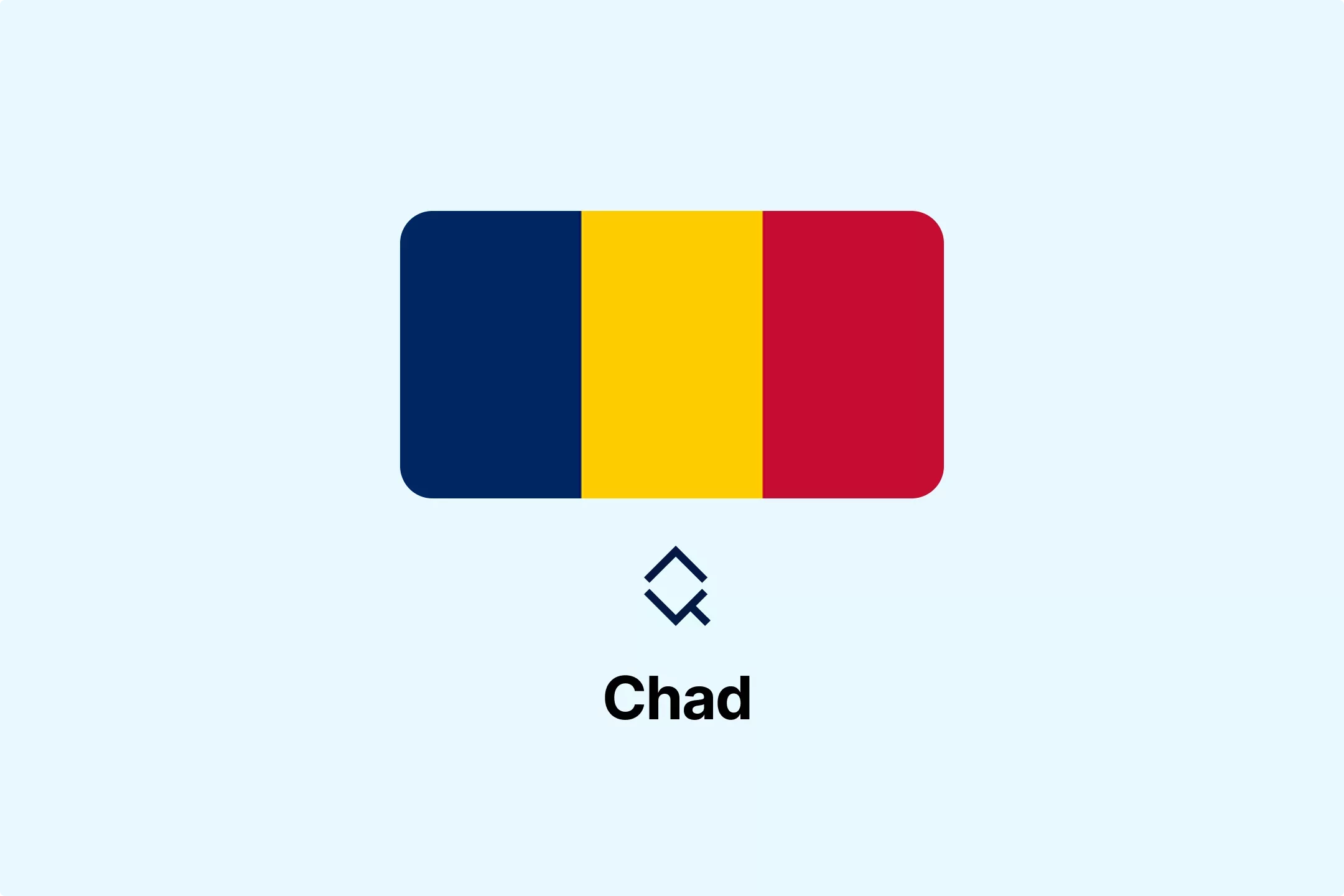
-xs4qde7eim.webp)
-rhc39covsa.webp)
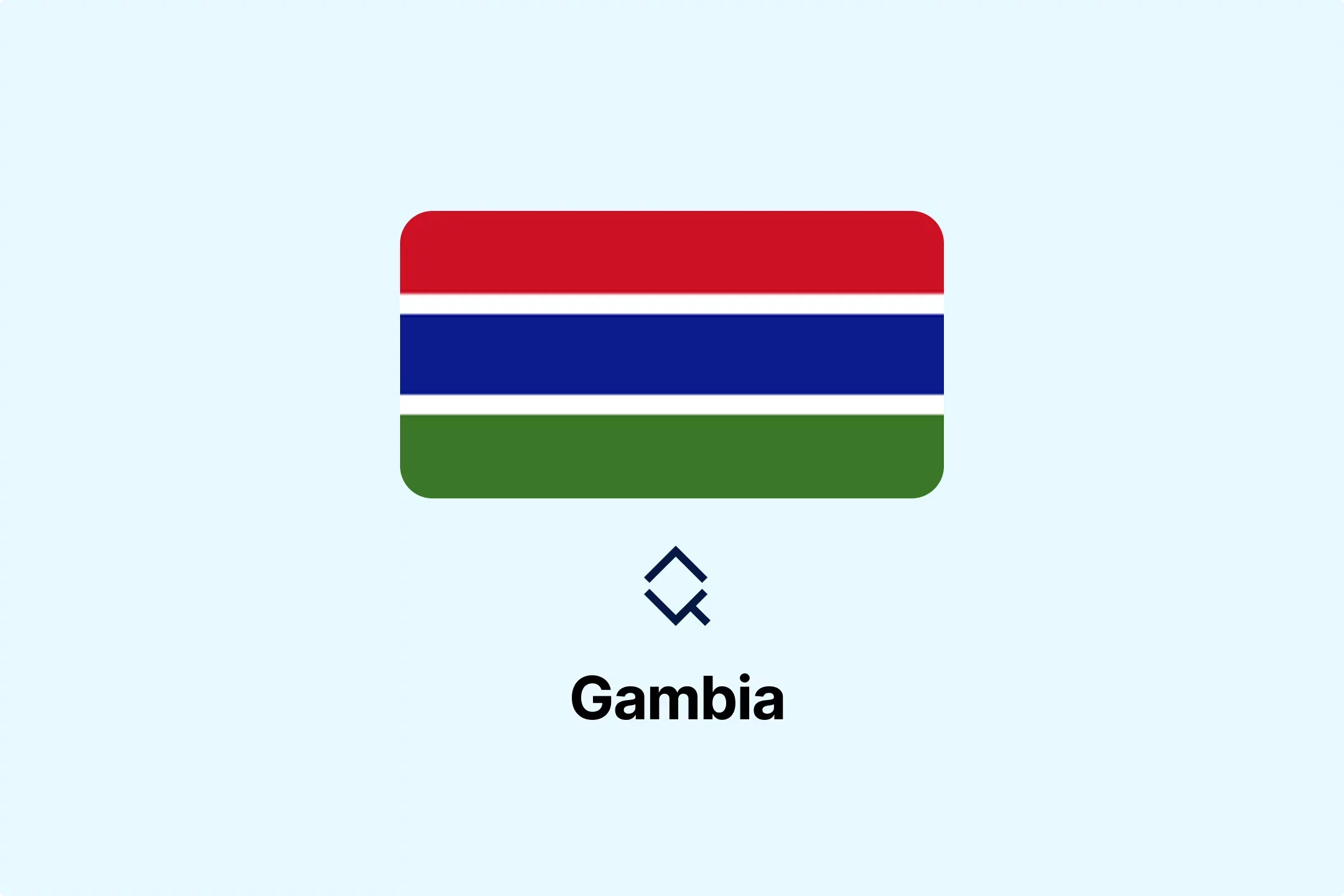
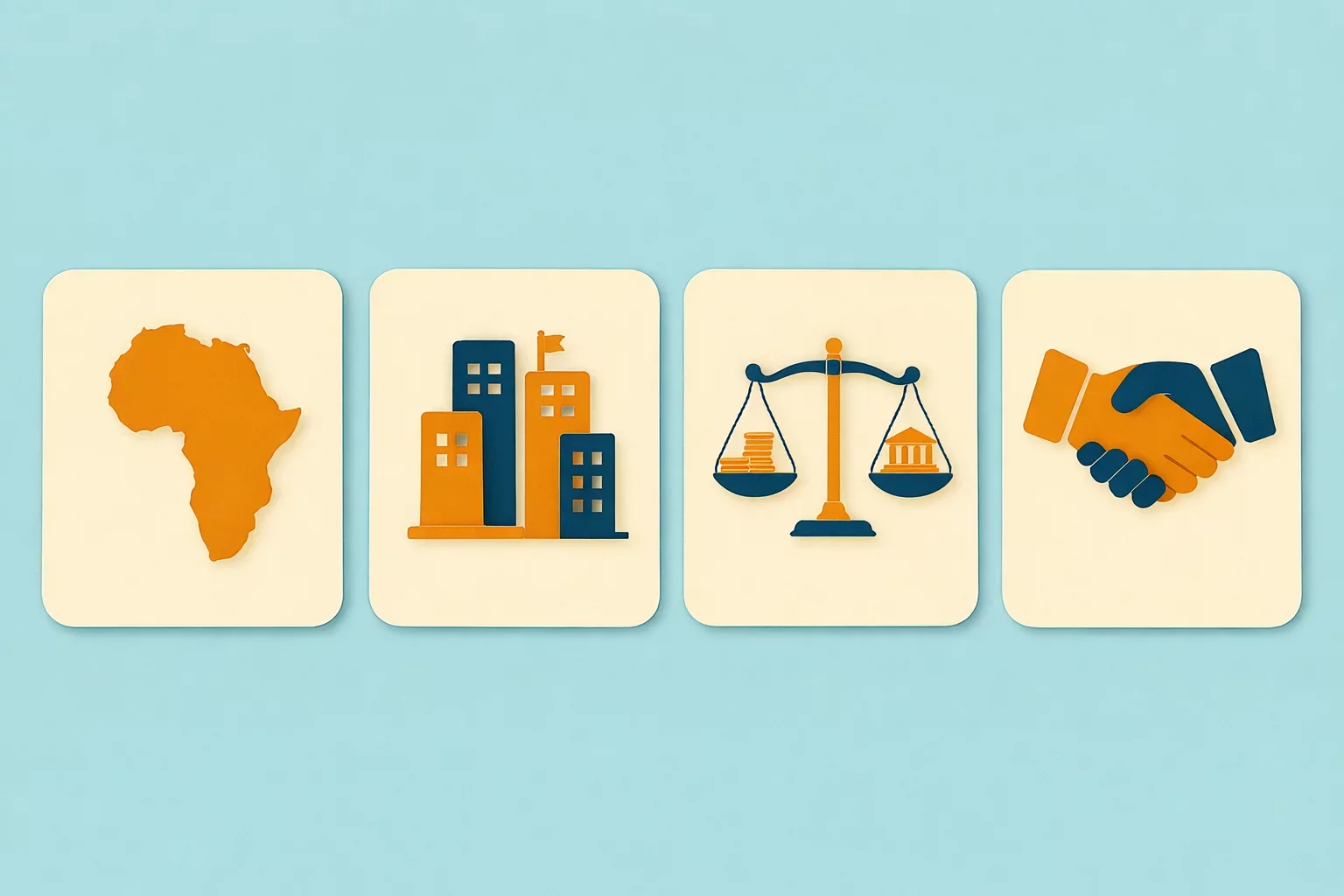
-fegt1crxvf.webp)
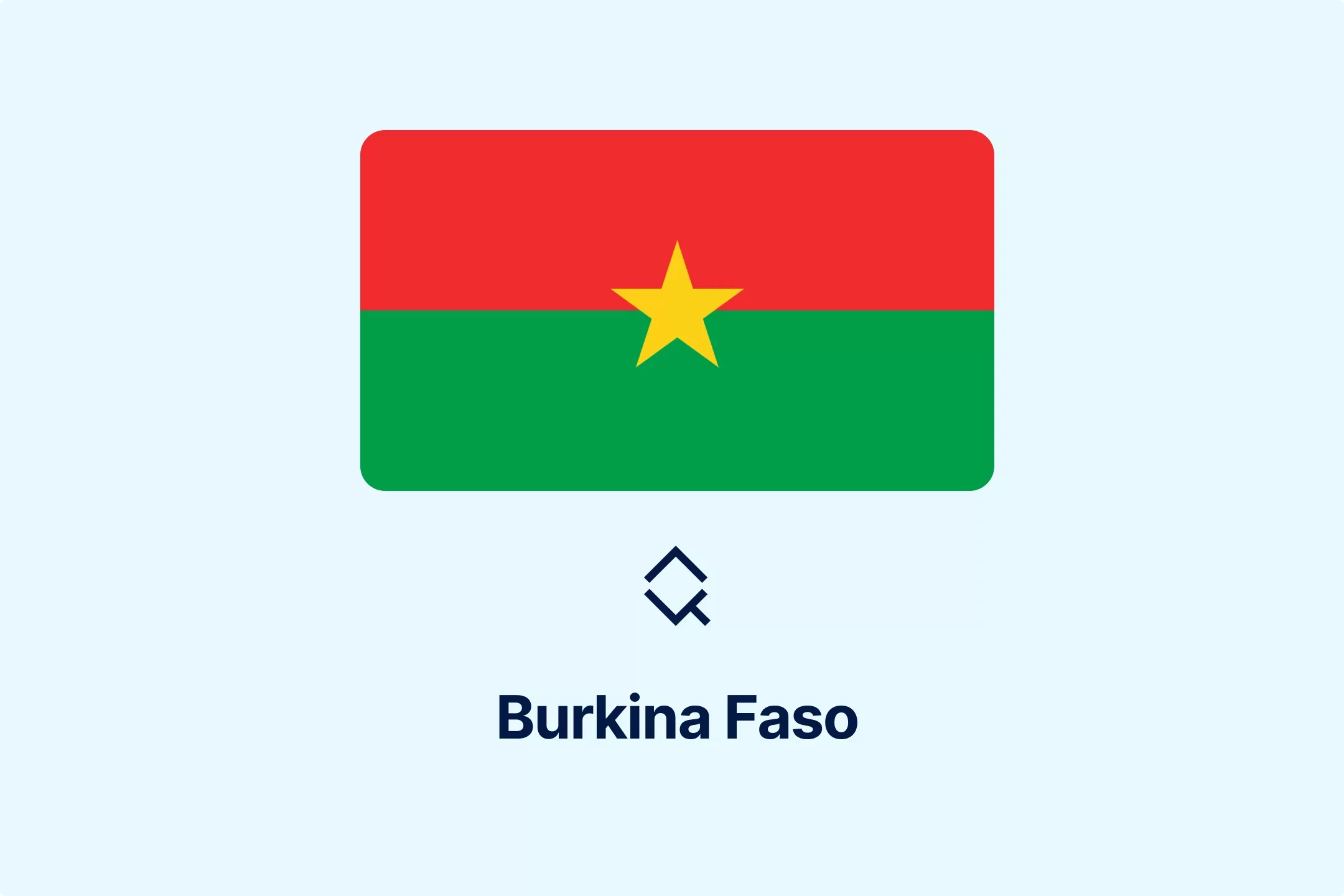
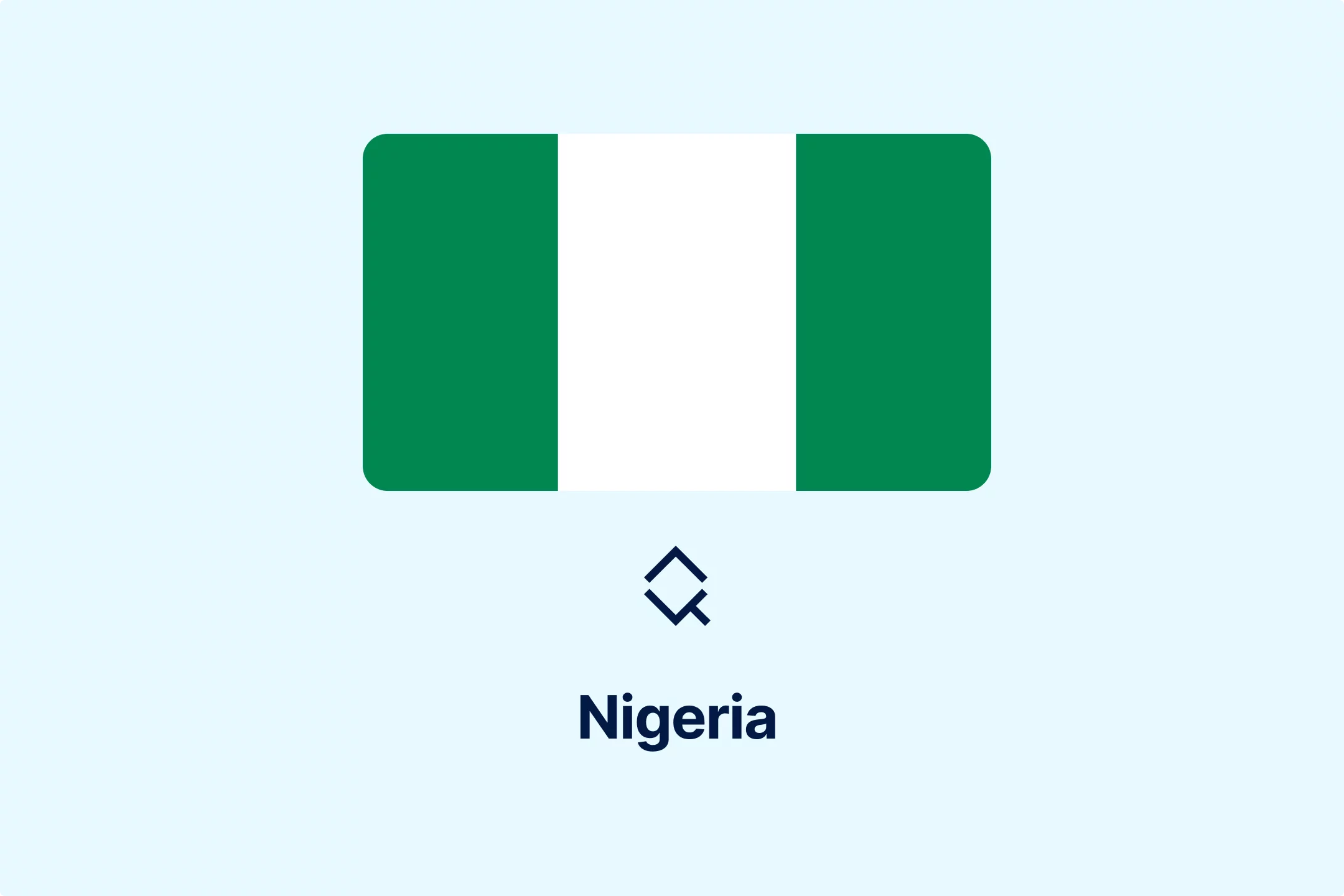

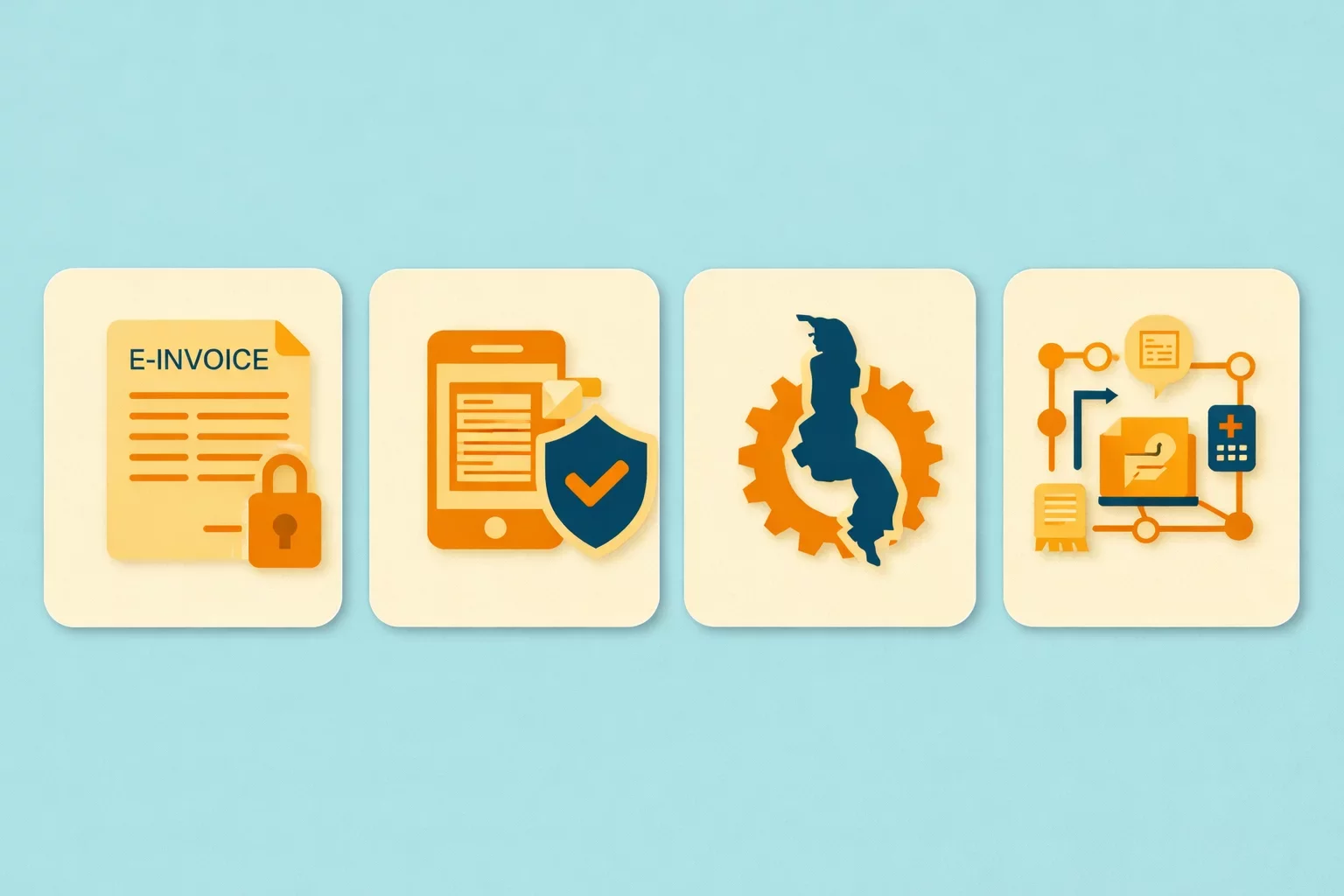

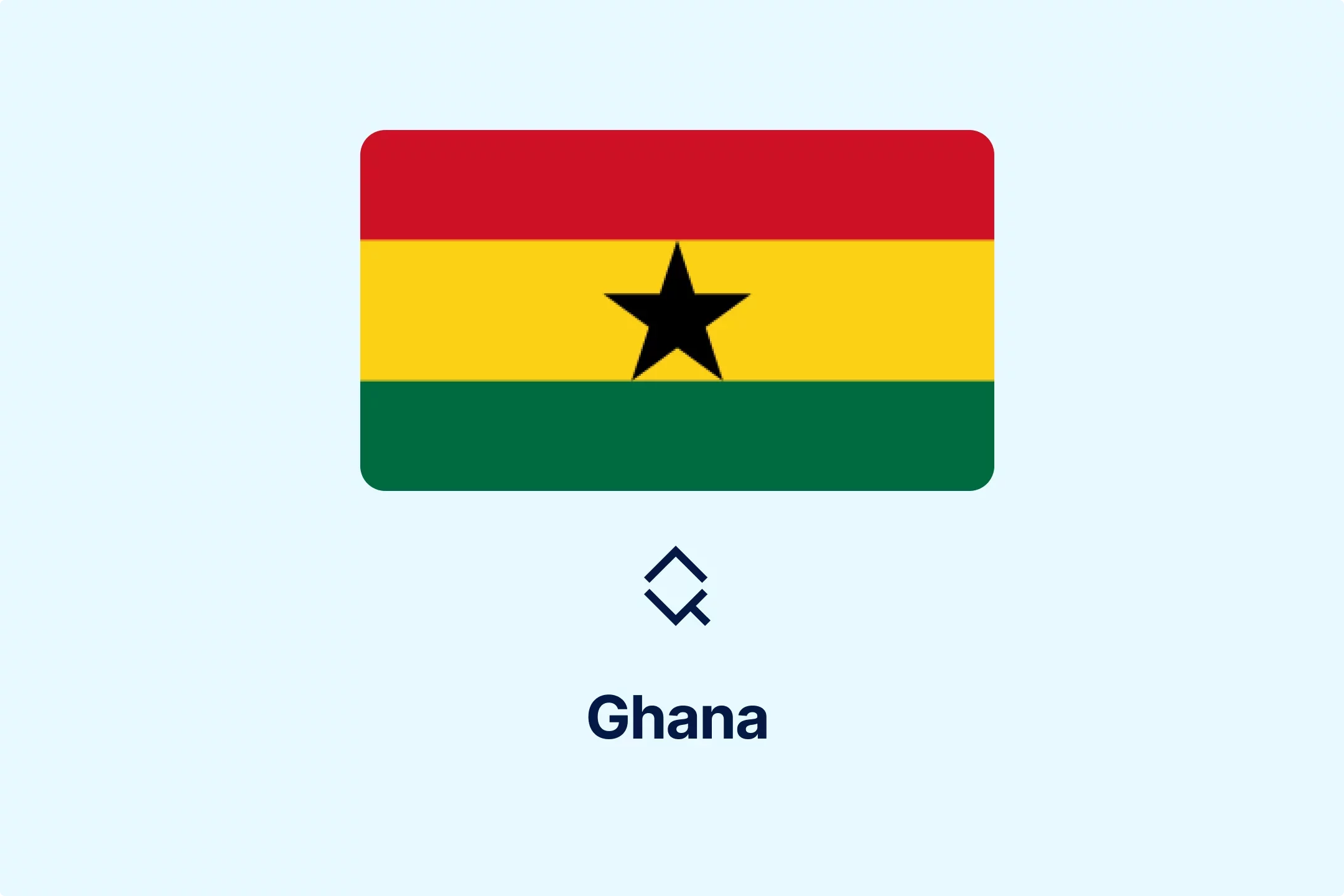
-yzgflot48e.webp)
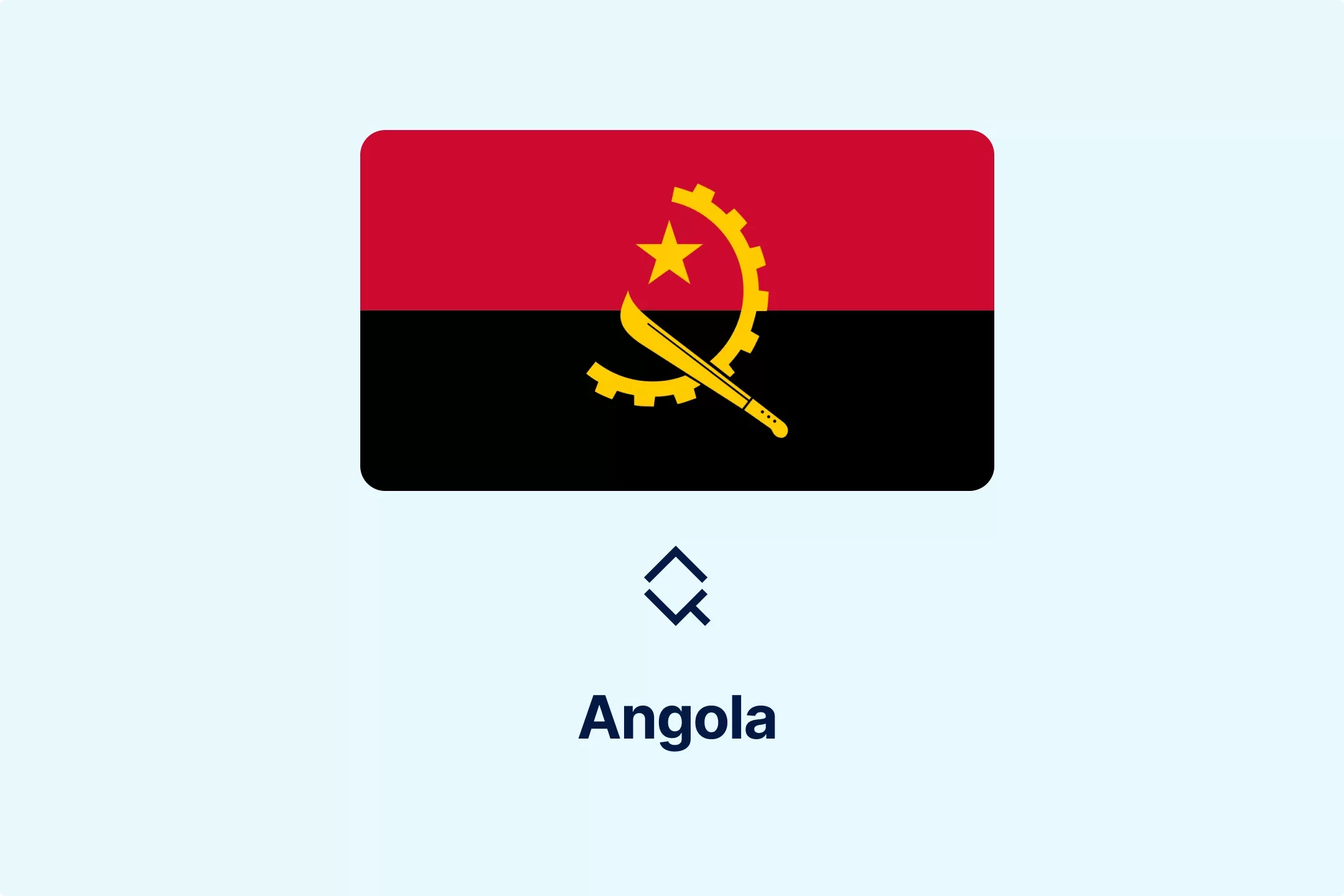
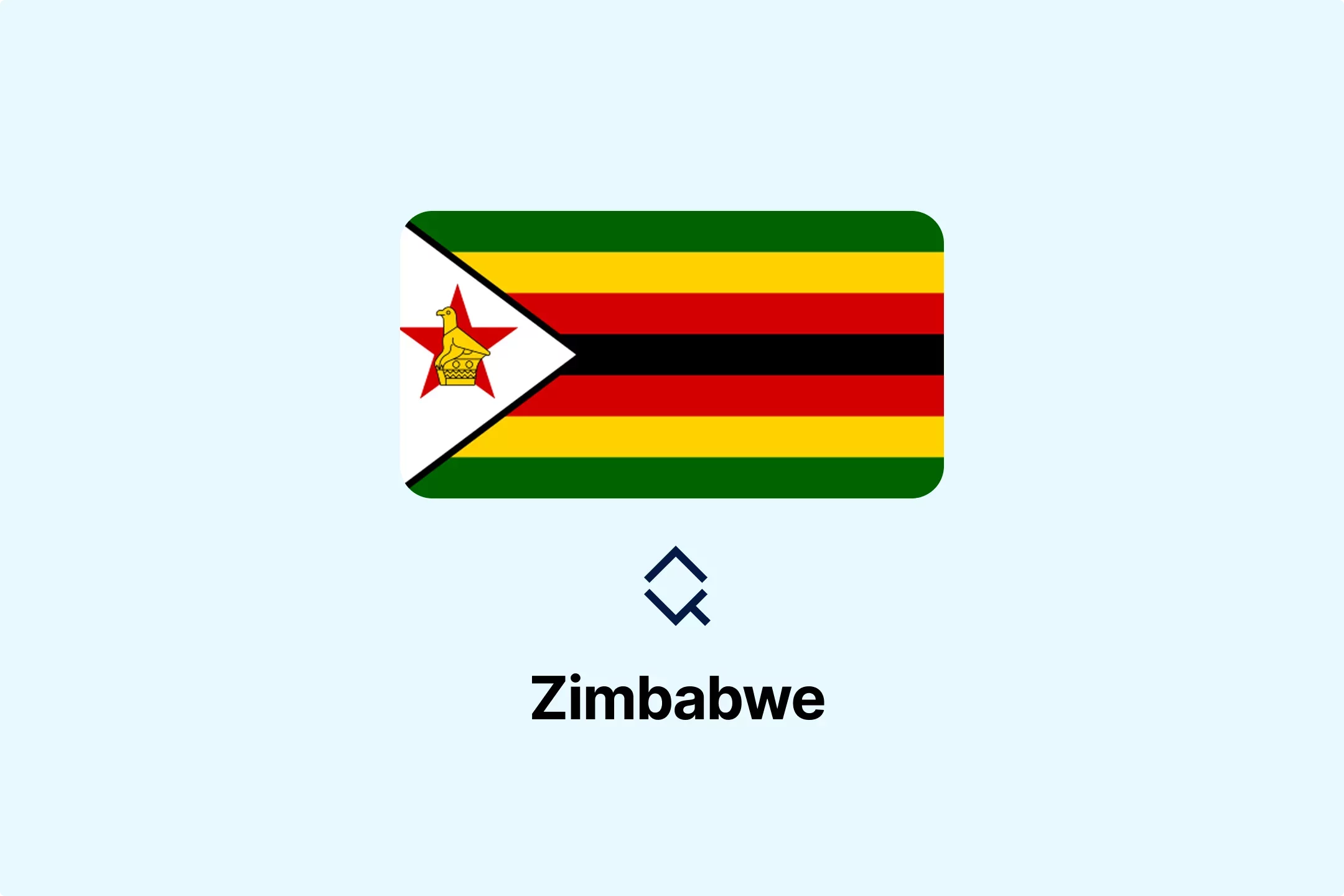

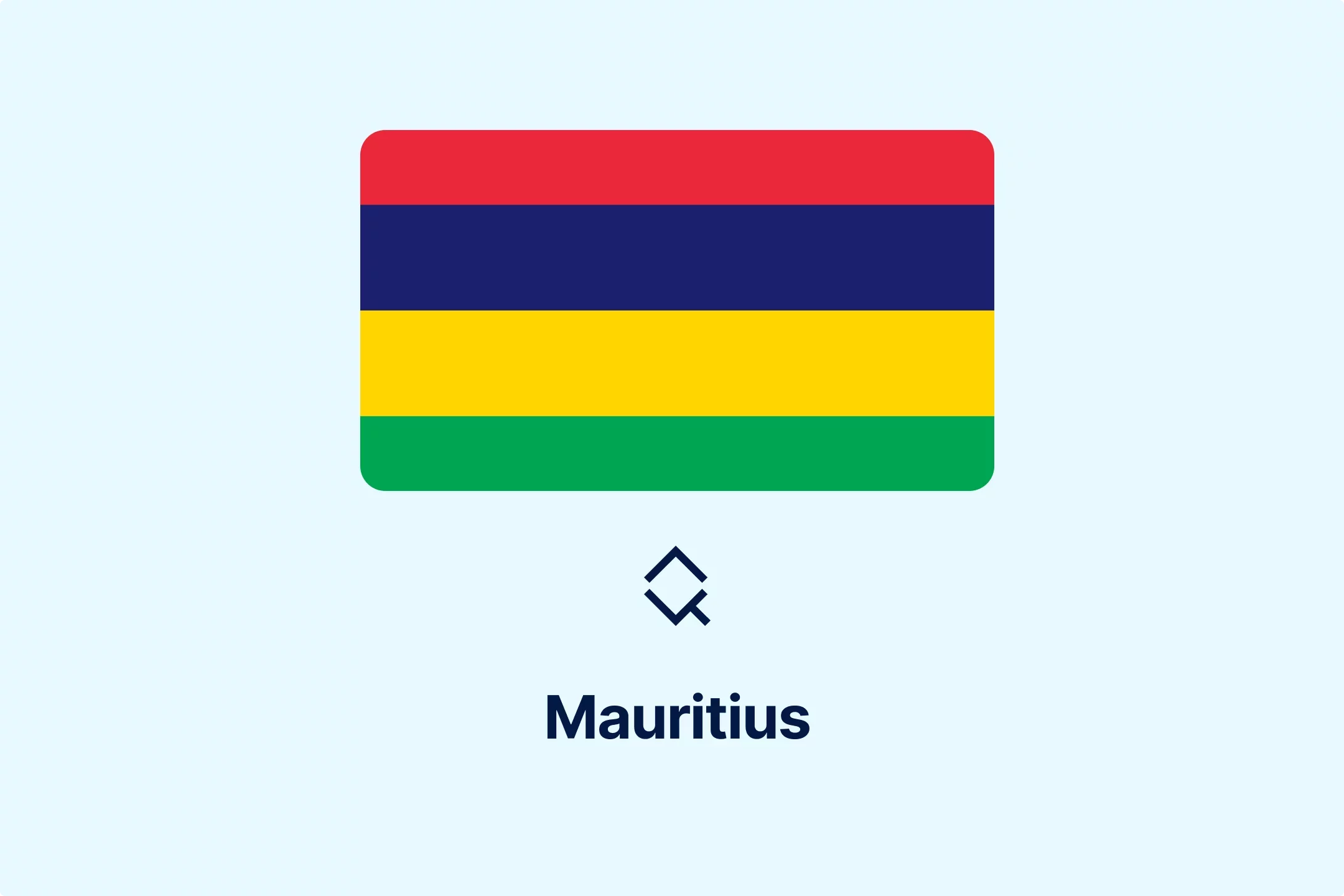
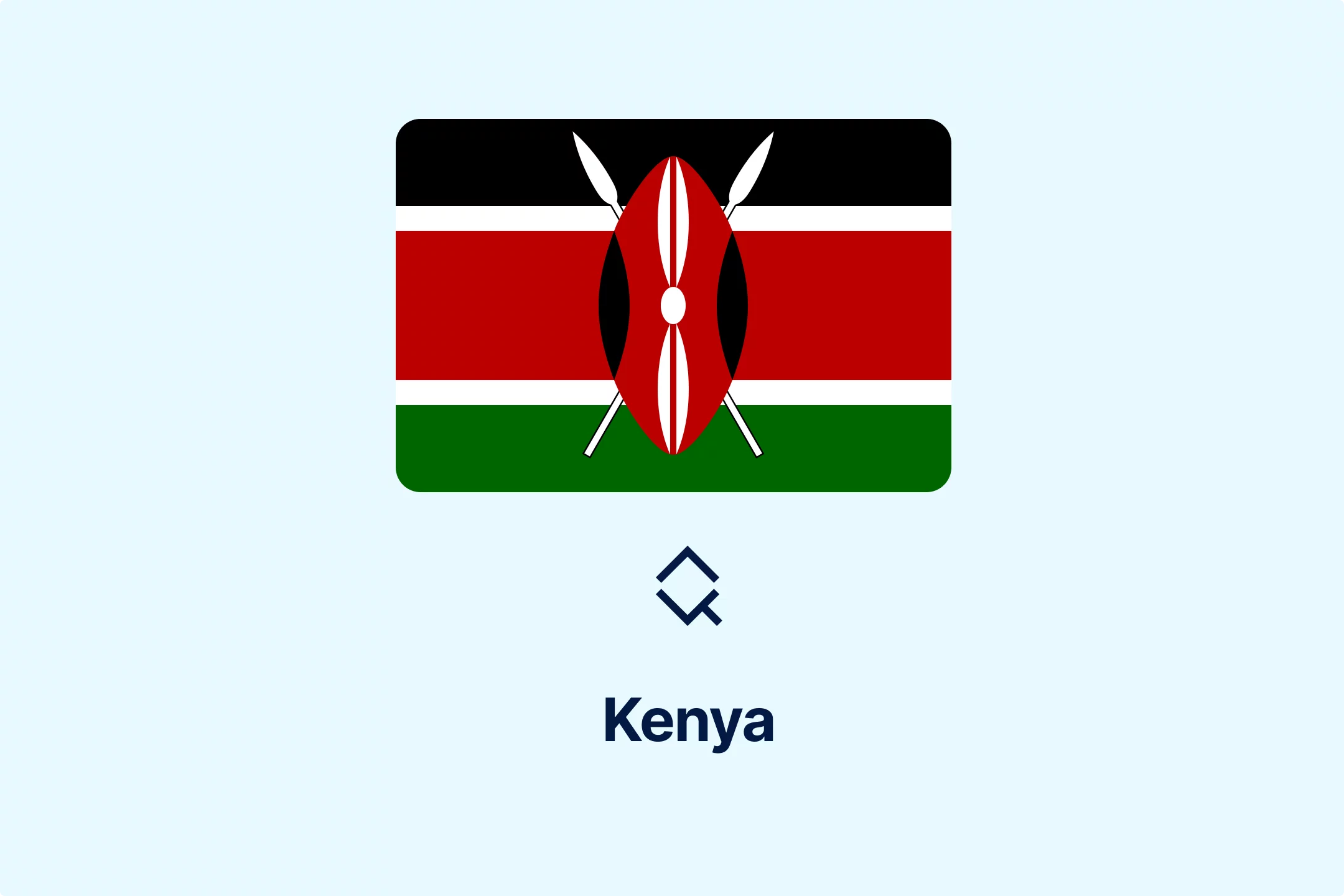
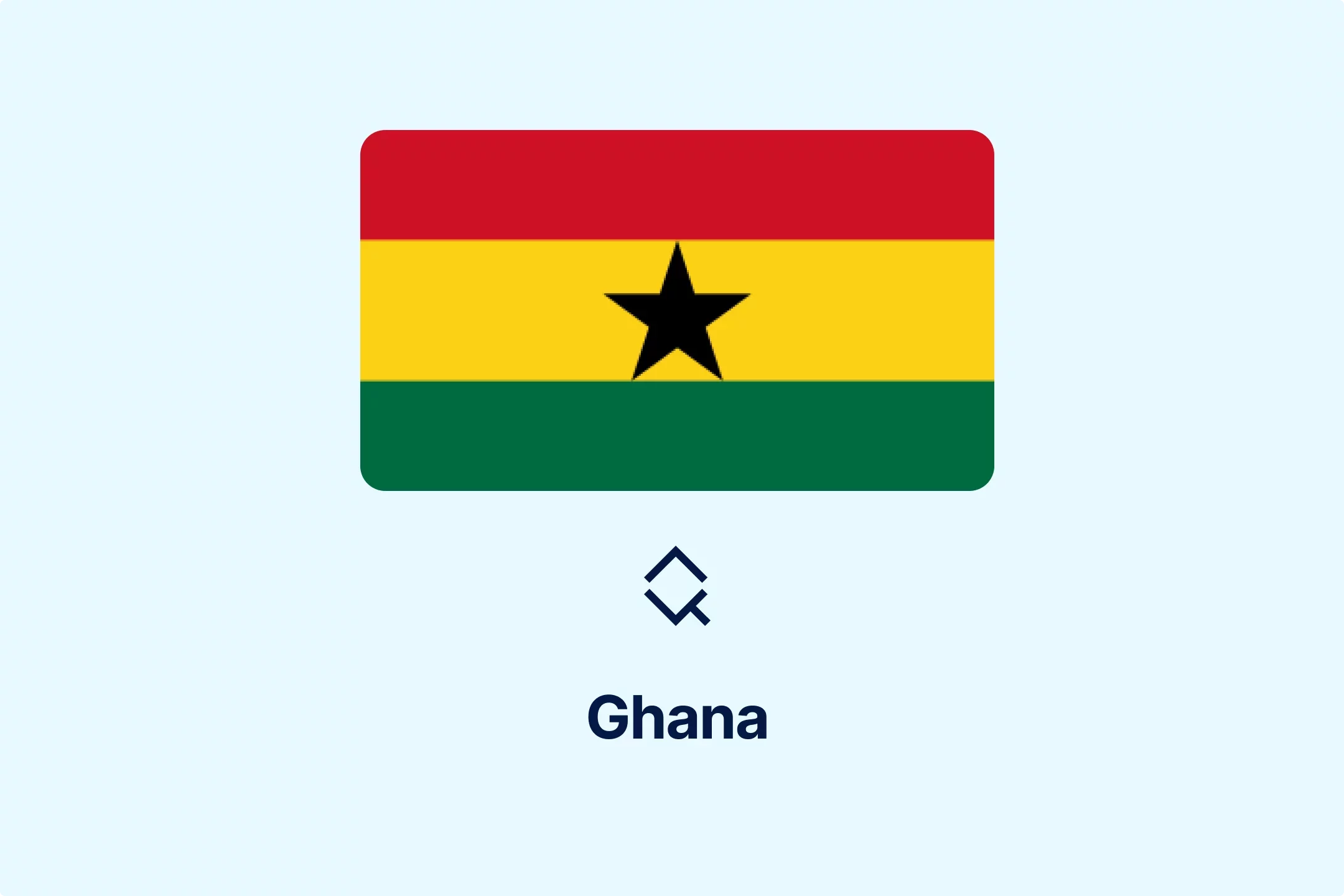
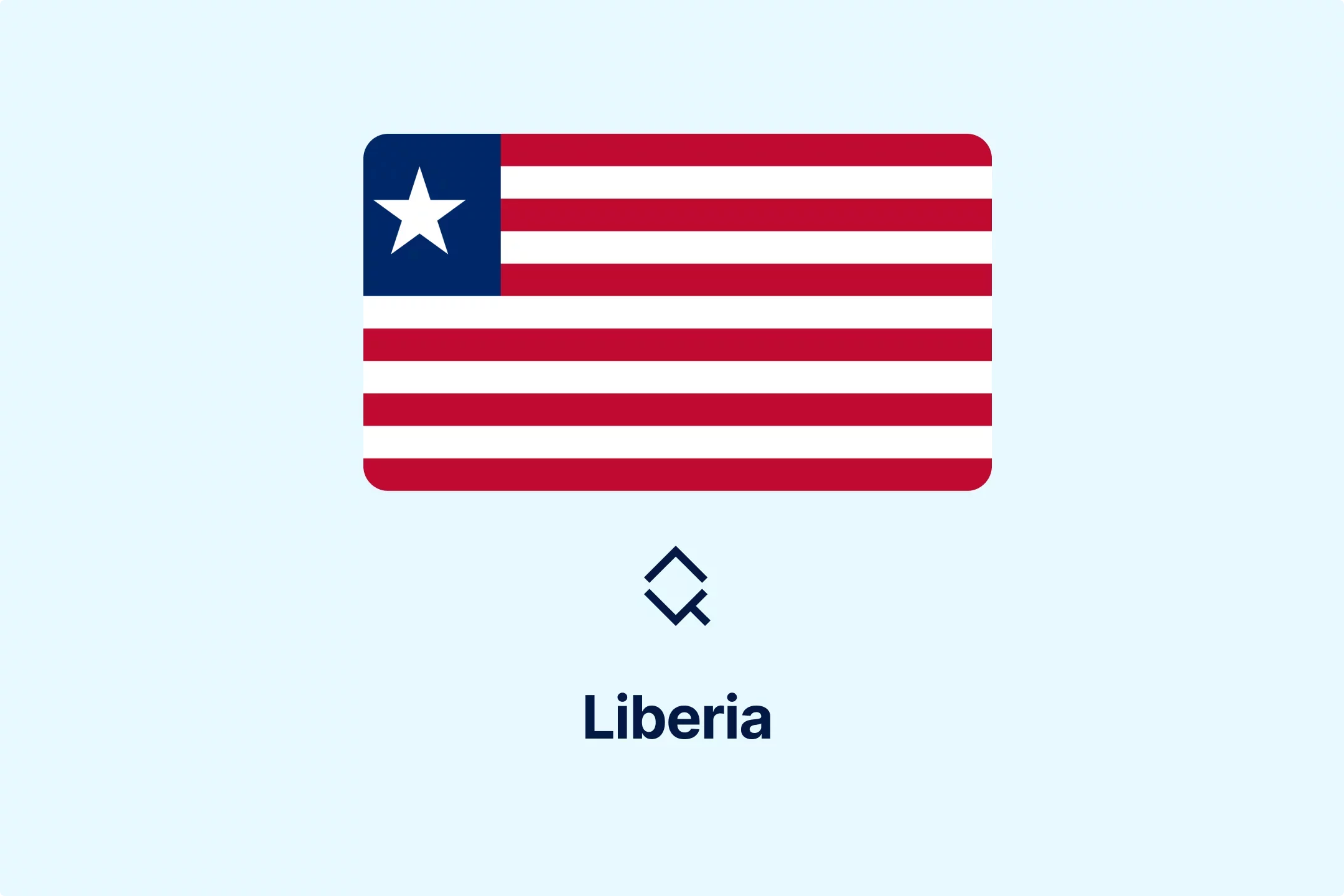
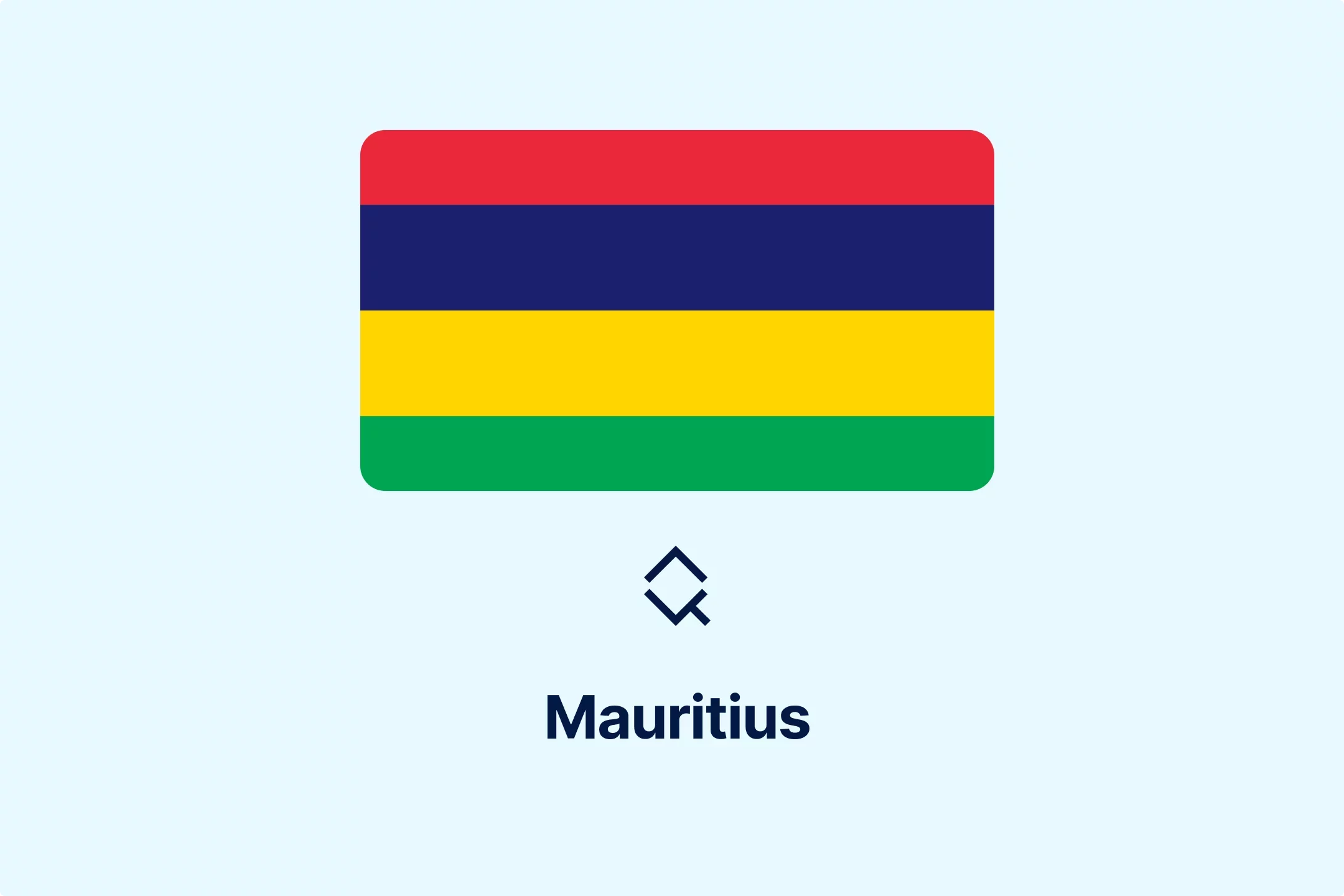
-26y2kxniki.webp)
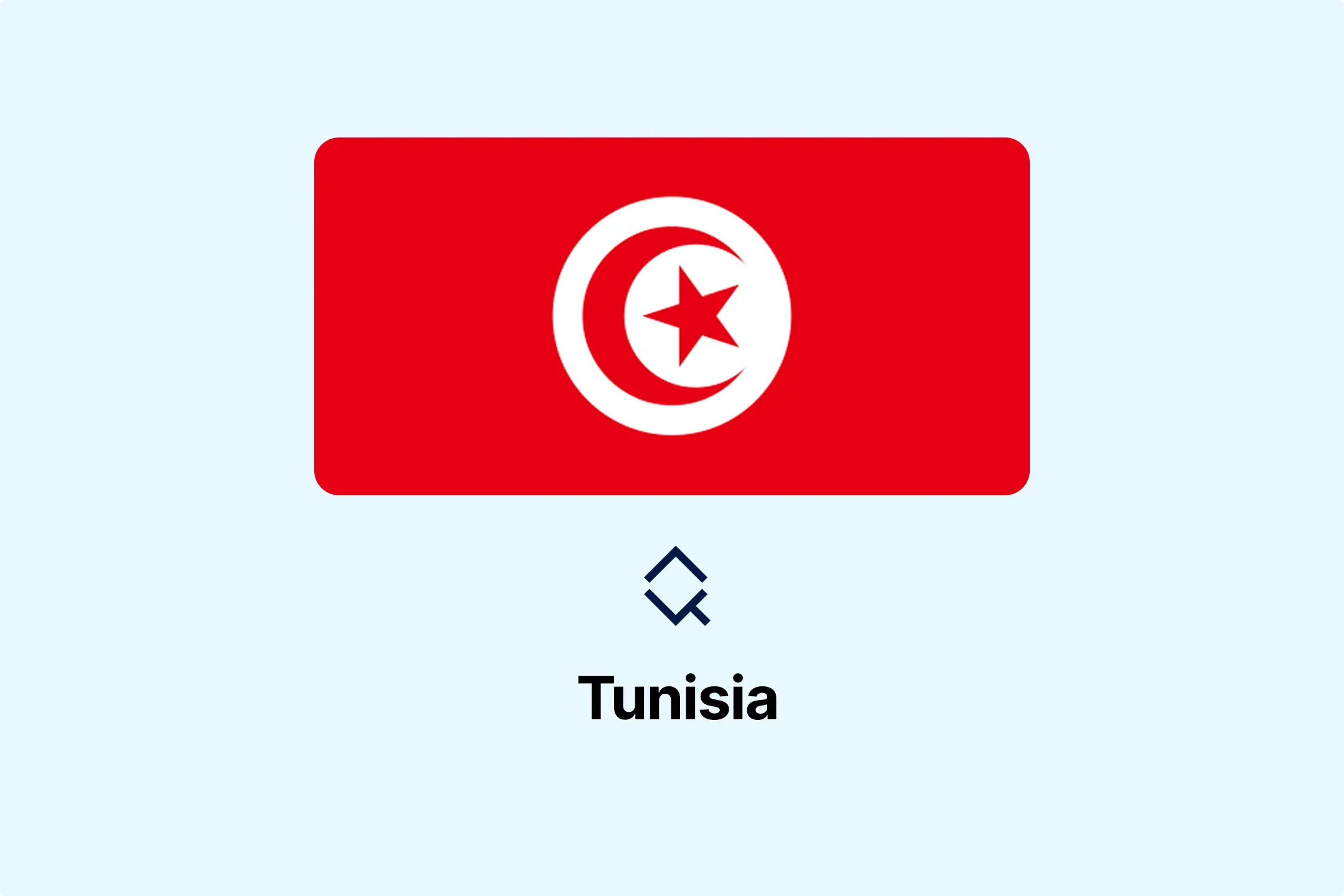

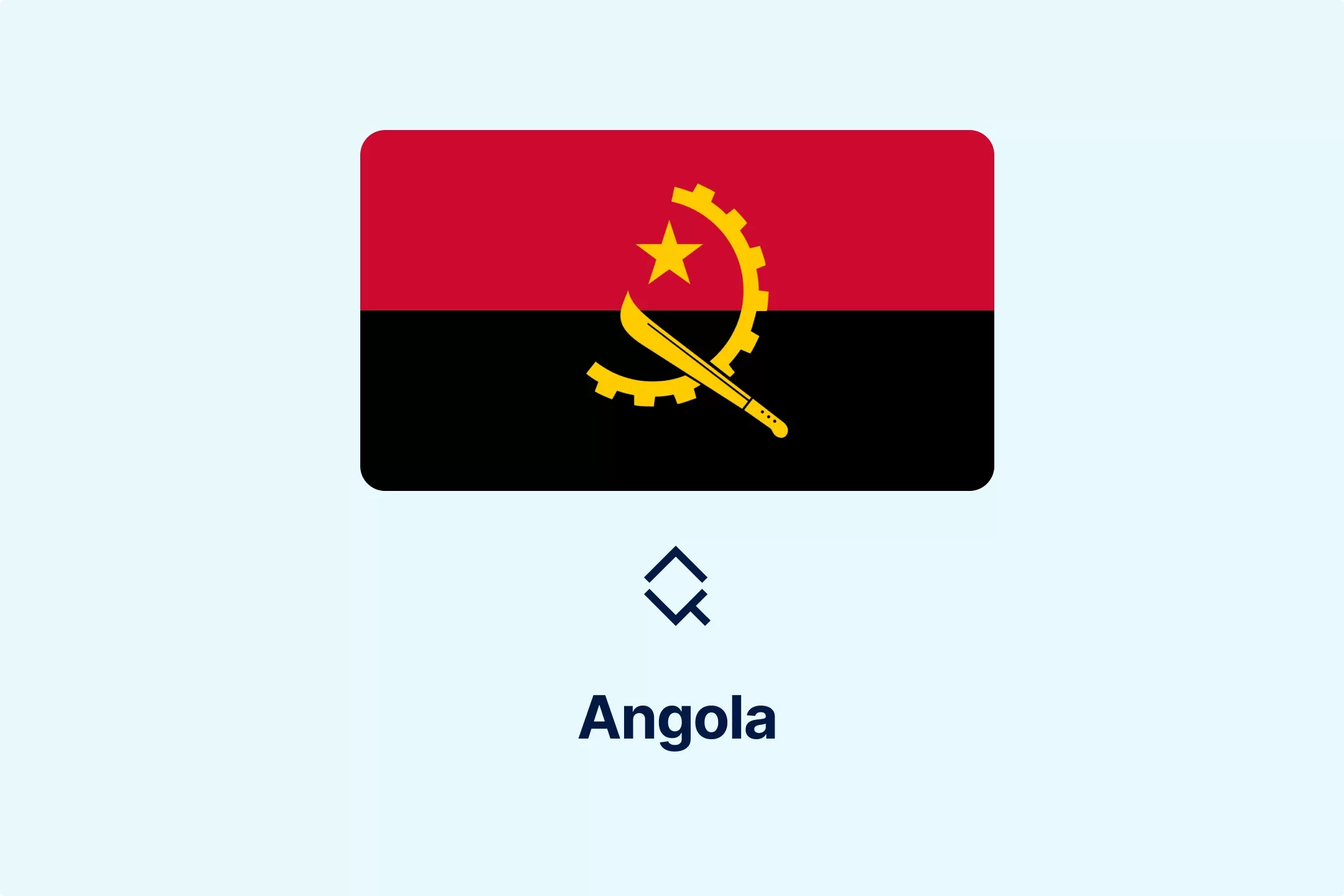

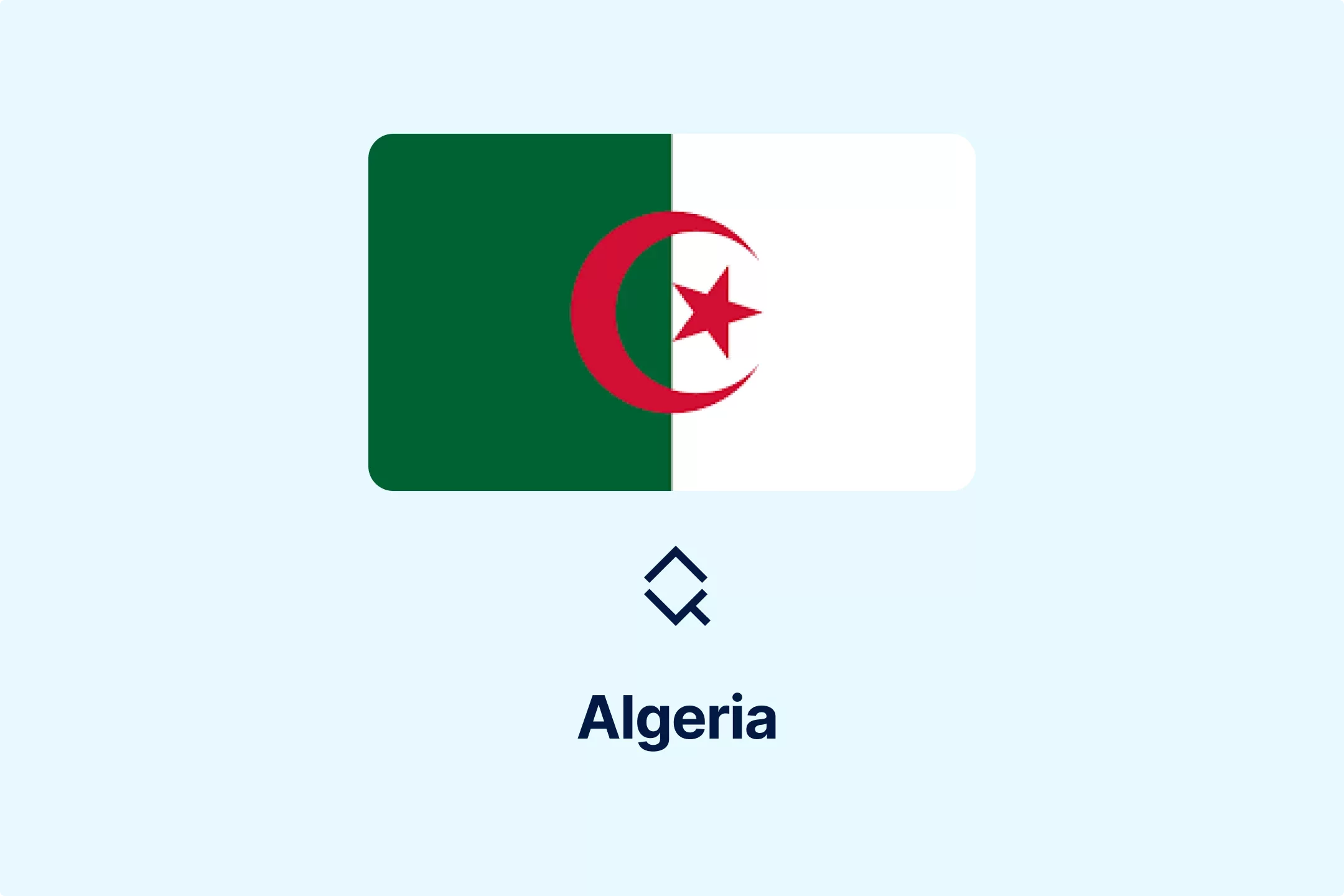
-pyxy31ev4o.webp)
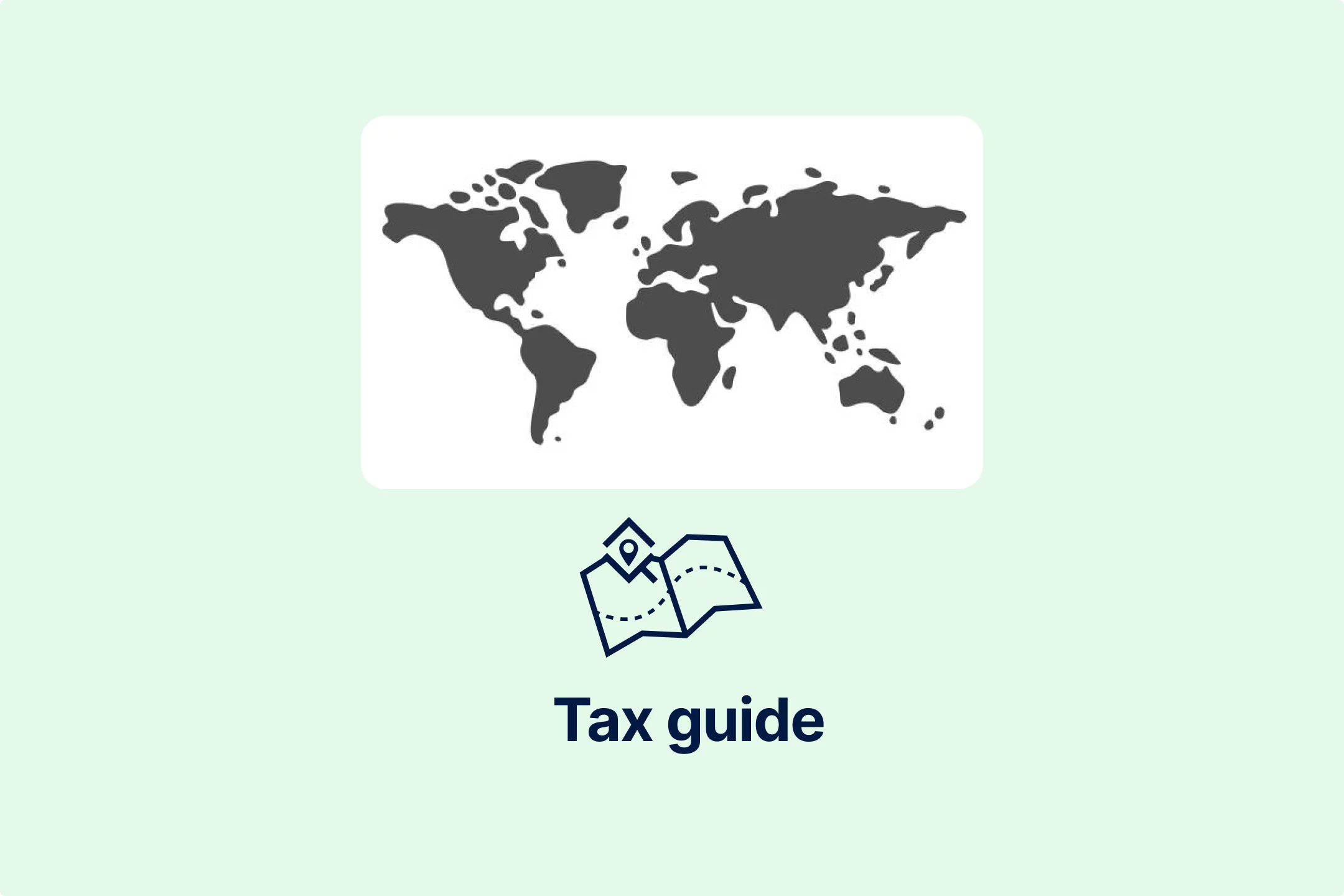
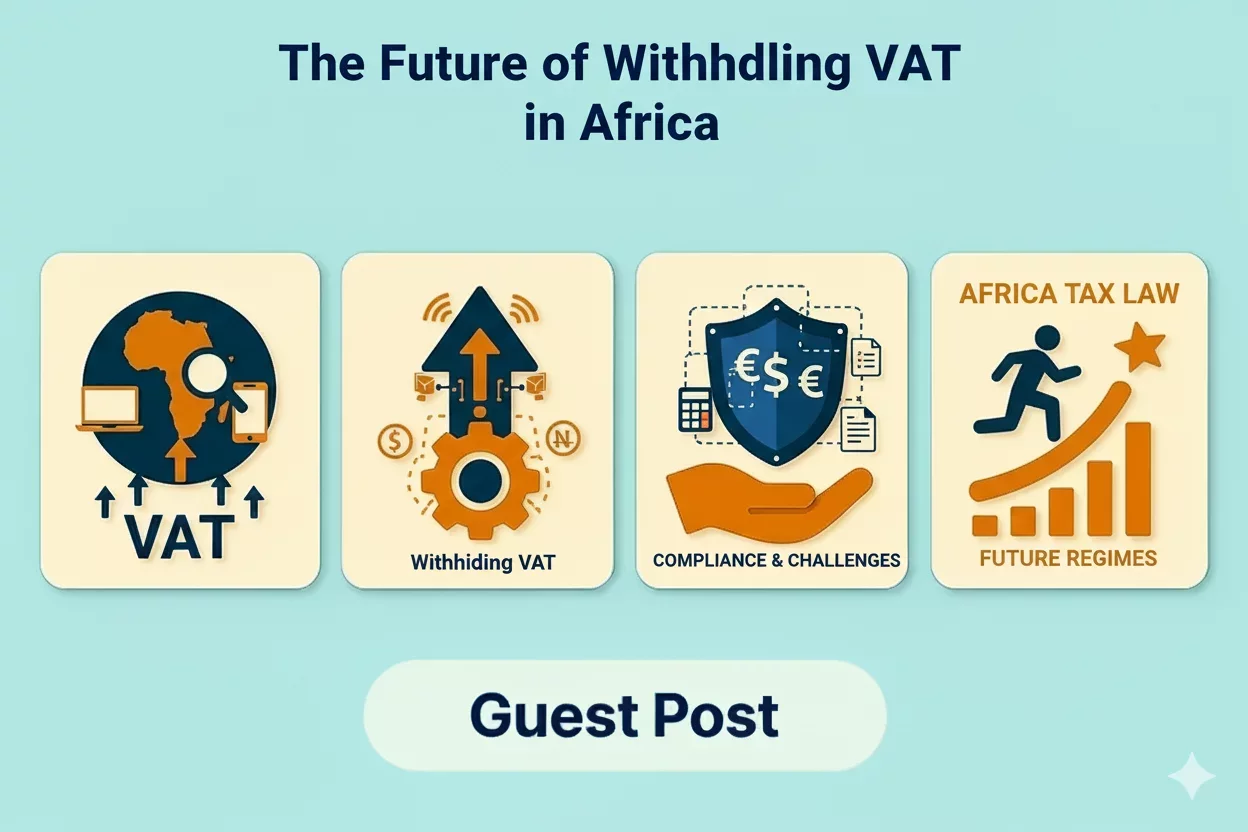
-rsgux3hh8v.webp)
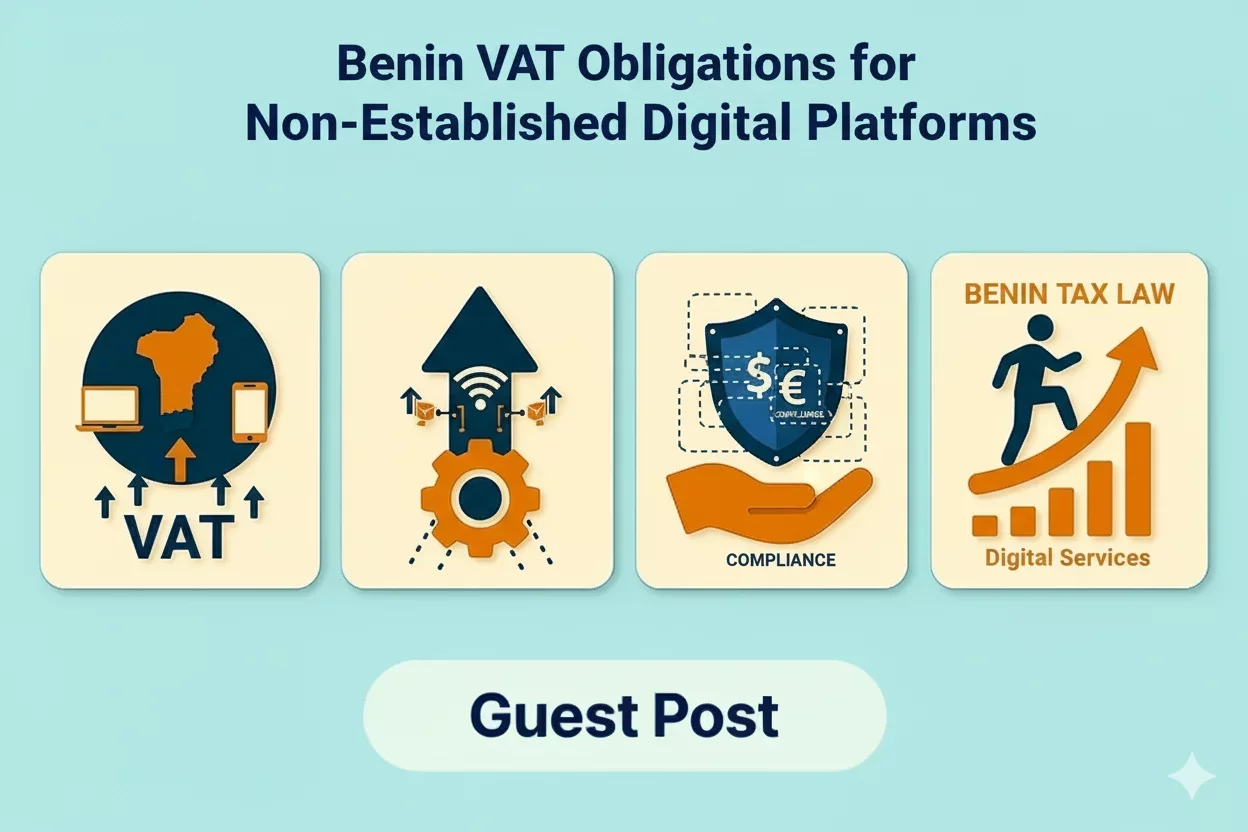
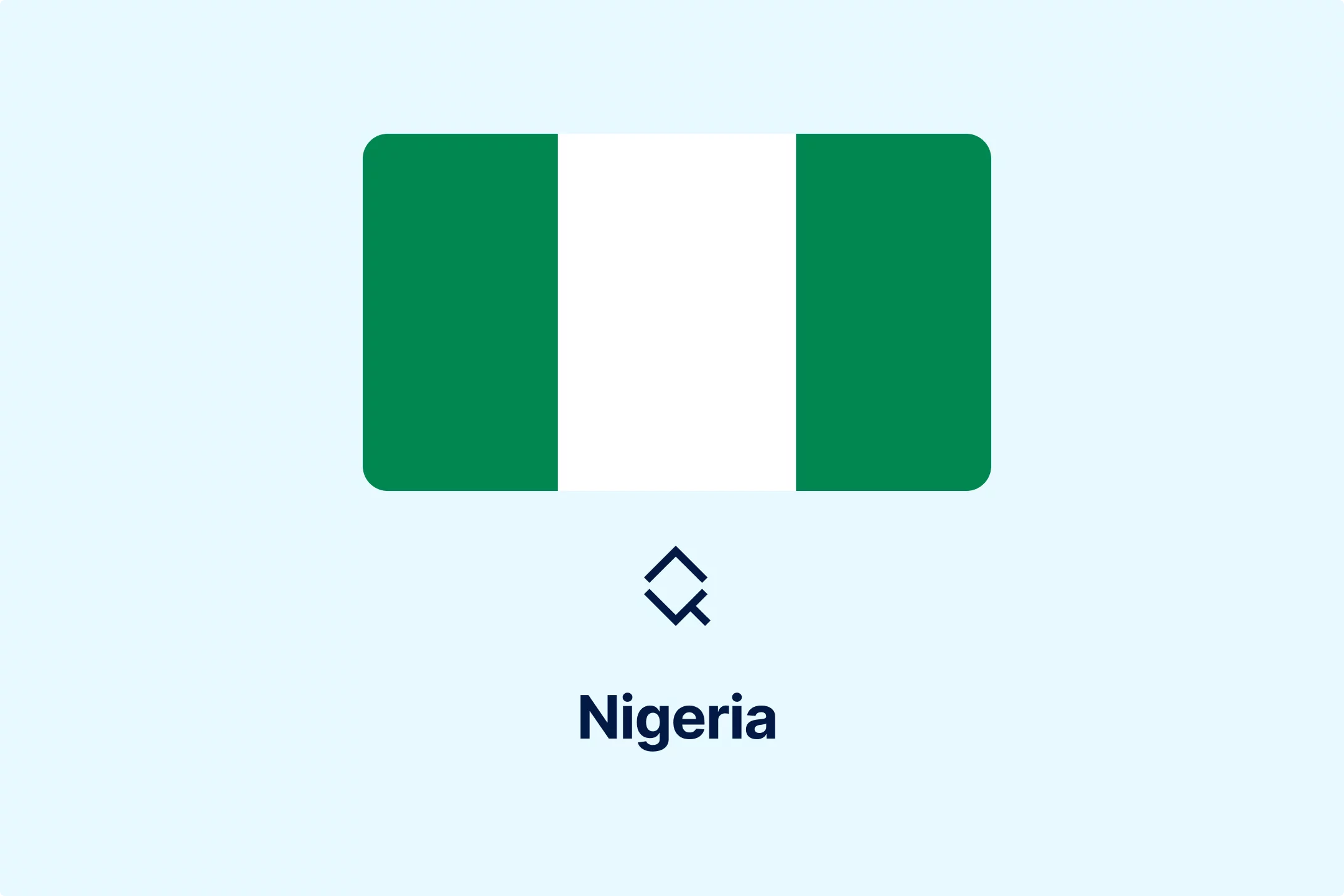
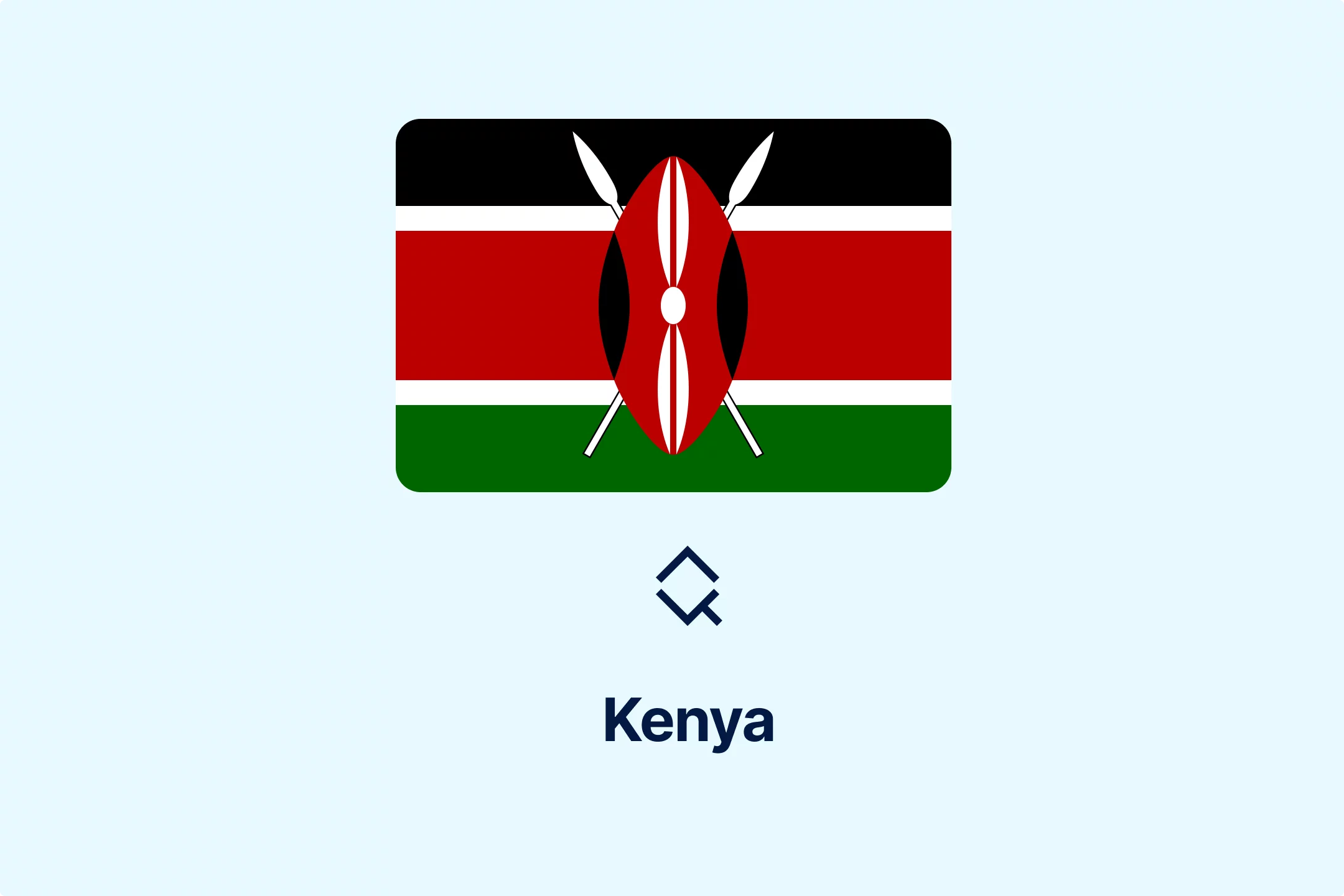
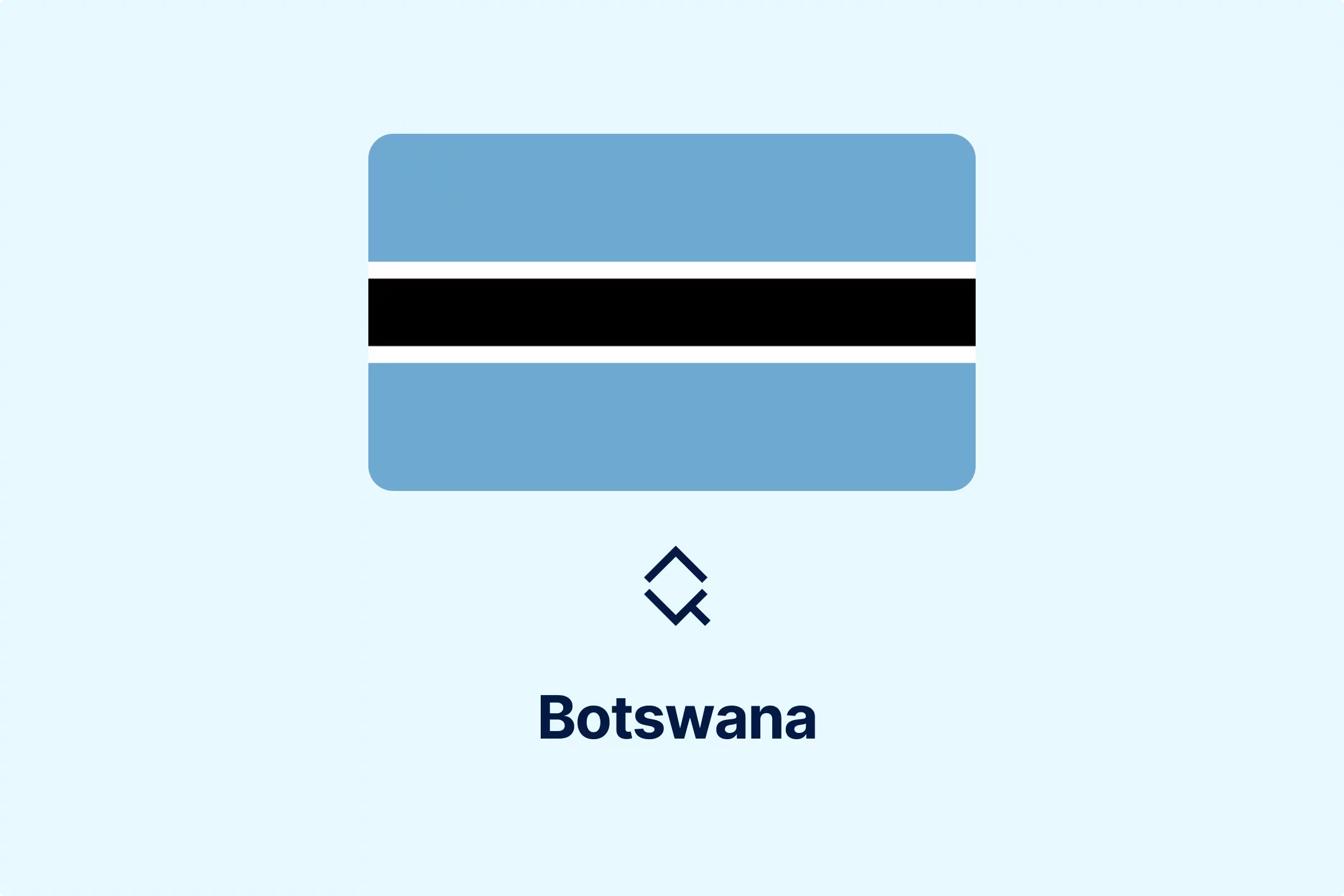

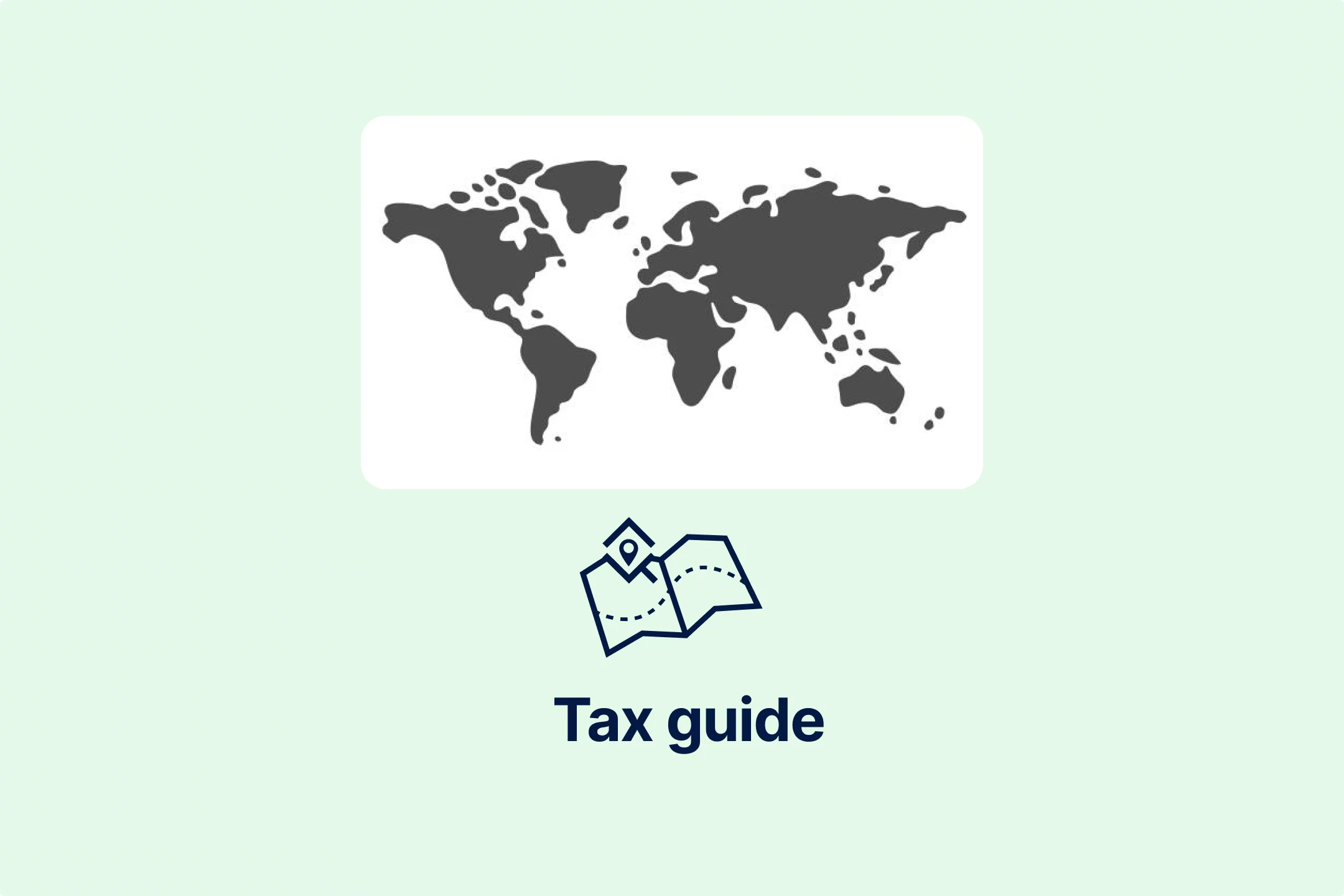

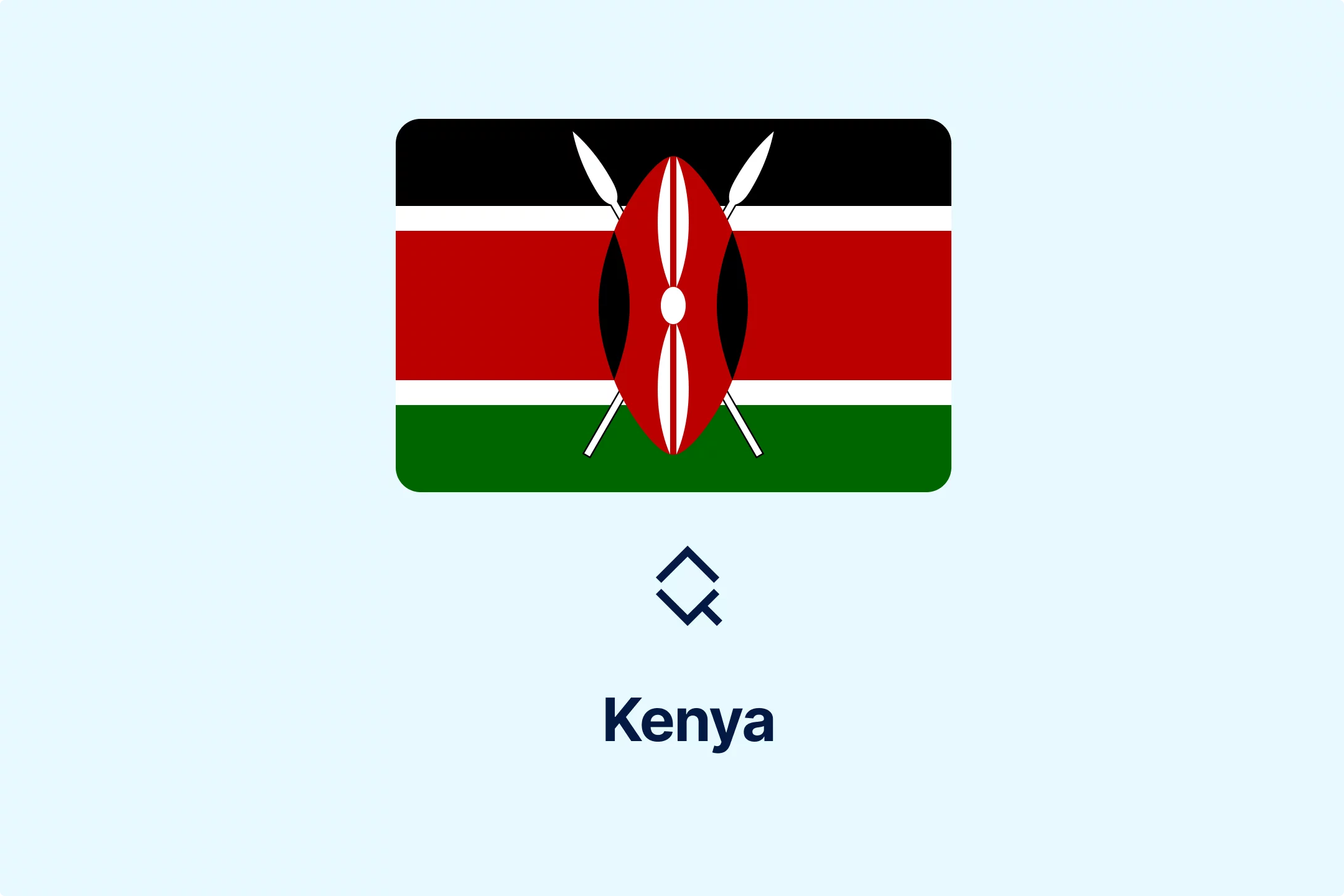
-tc819smrvc.webp)

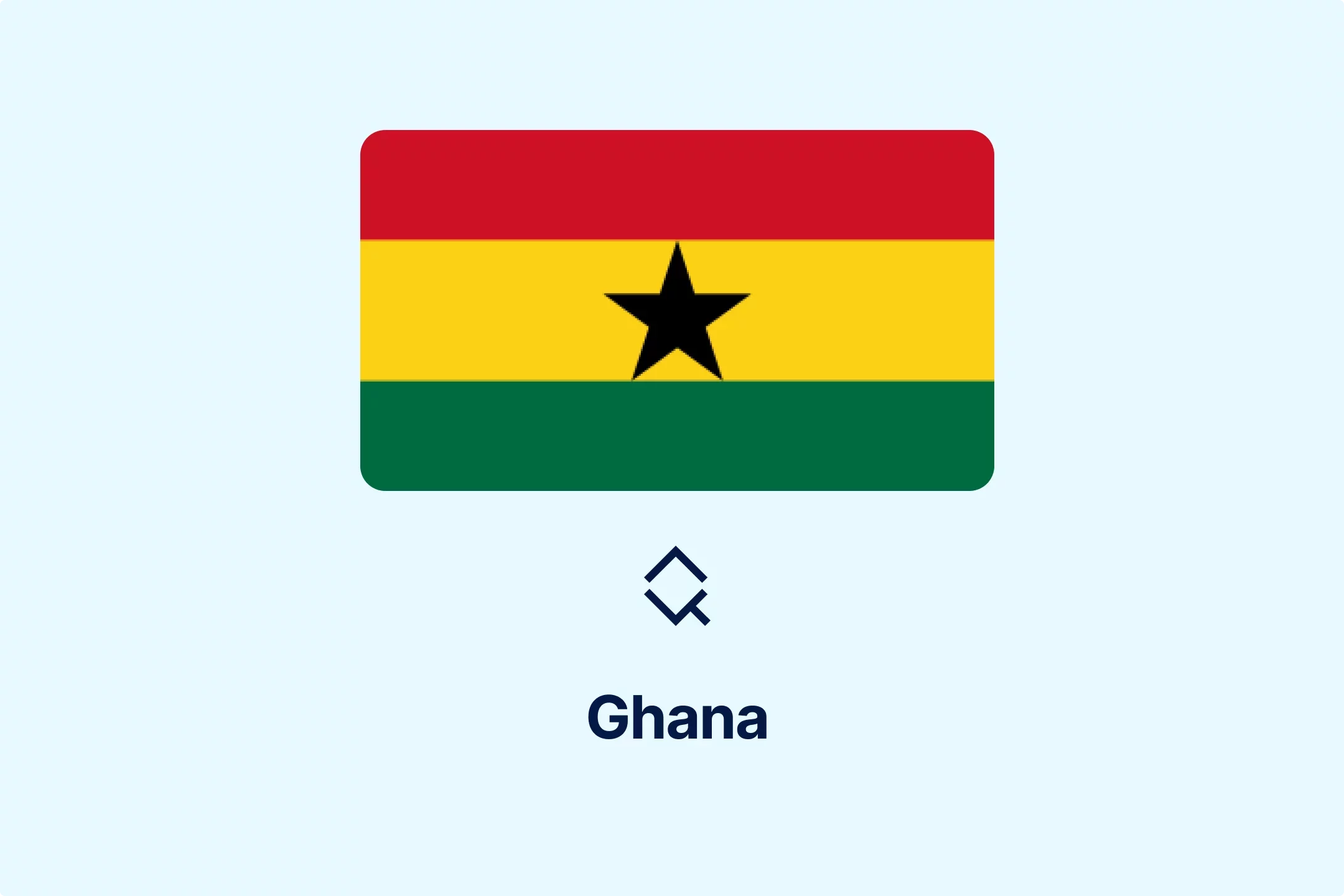
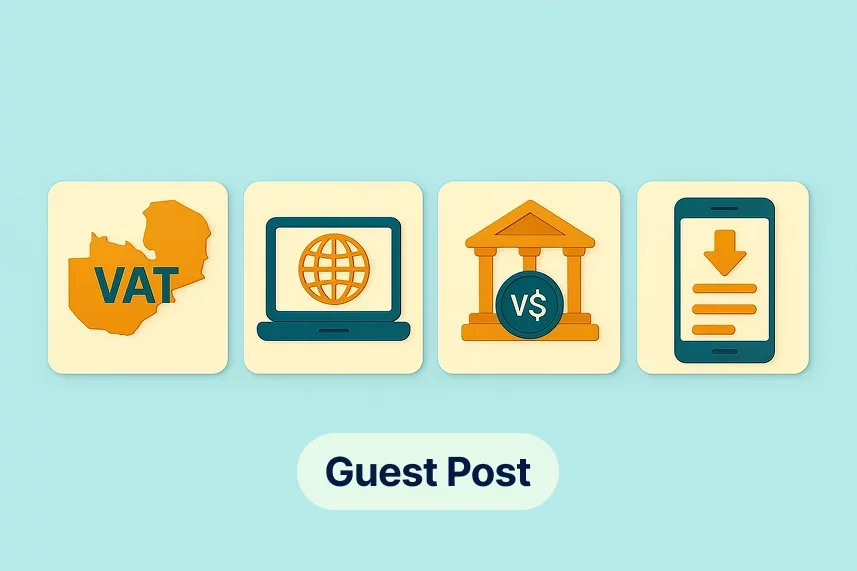
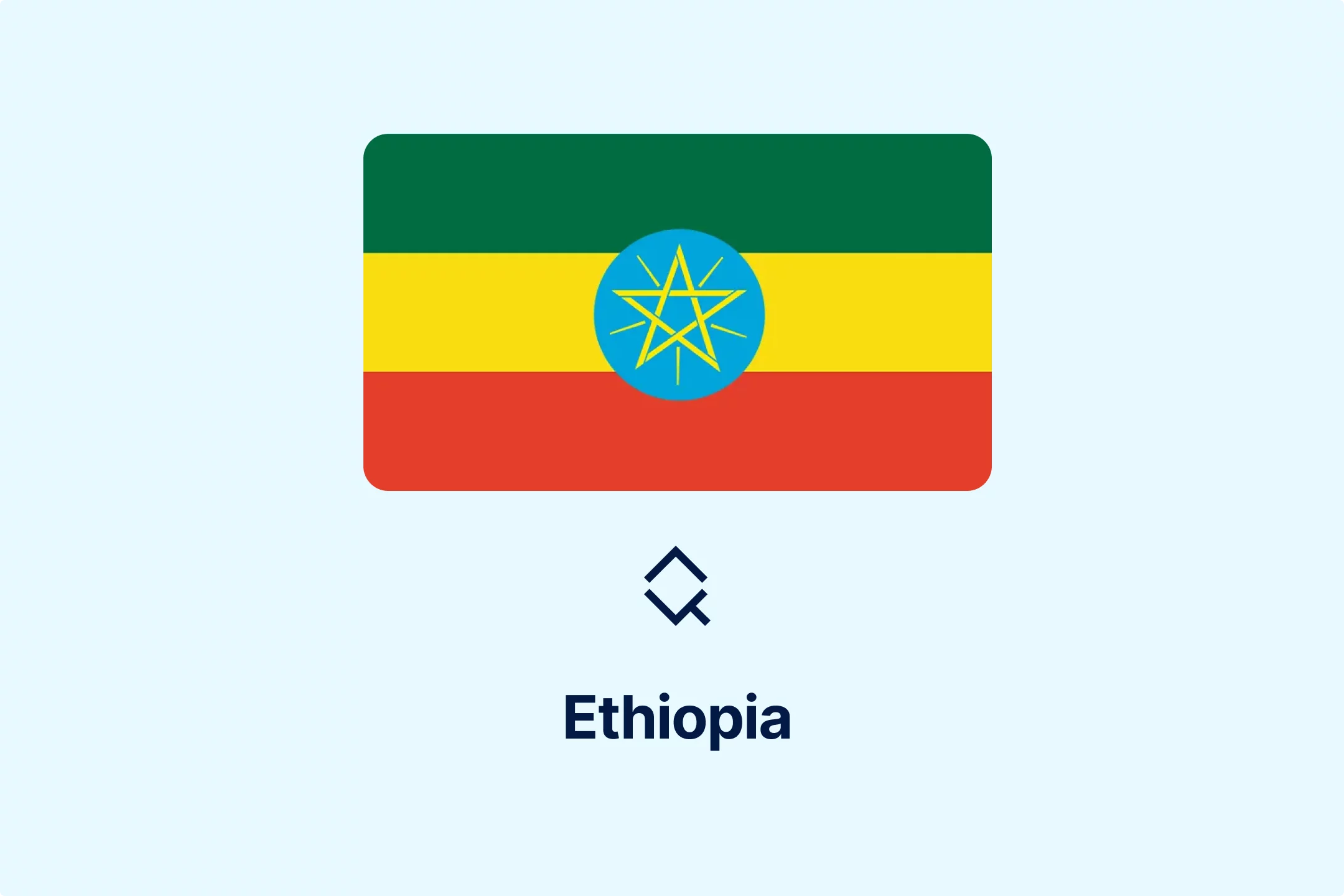
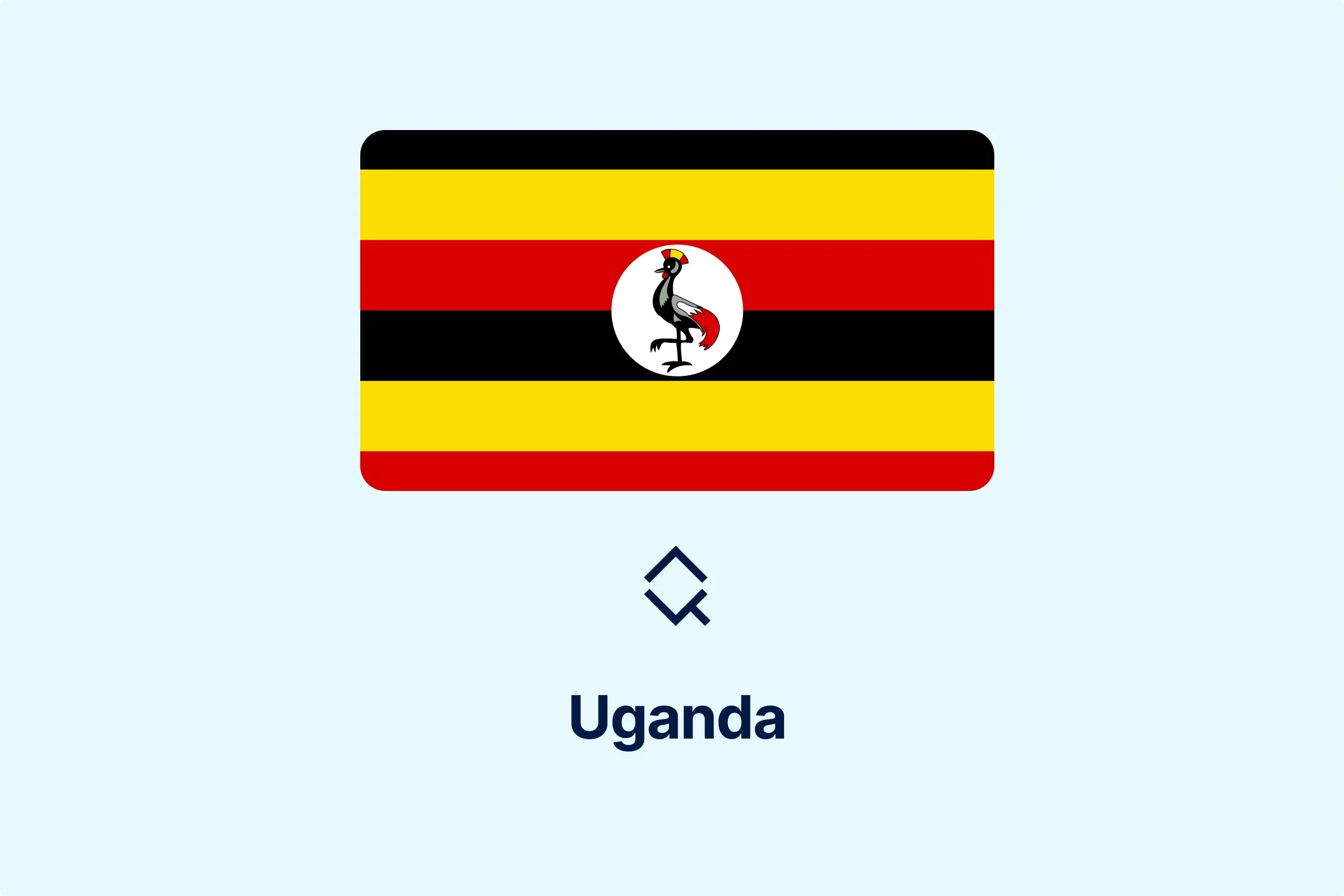
-1lfl8tbv0h.webp)




-sukknzru45.webp)




-5x4vkhcbio.webp)











-4t6t4uj2mm.webp)



-xjs7iob8wd.png)





-enoxc8fdkm.webp)





.png)
.png)








